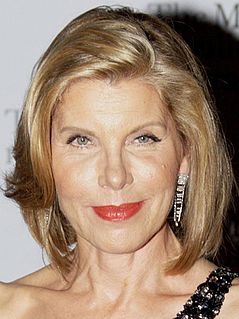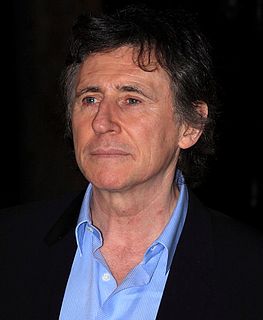A Quote by Christine Baranski
We are so defined by how people see us. We're a very materialistic culture. We're a very image-driven culture. What if that goes away and you are left with, God help us, what, indeed, is your essential self?
Related Quotes
Each of the major sciences has contributed an essential ingredient in our long retreat from an initial belief in our own cosmic importance. Astronomy defined our home as a small planet tucked away in one corner of an average galaxy among millions; biology took away our status as paragons created in the image of God; geology gave us the immensity of time and taught us how little of it our own species has occupied.
People have come to me over the years and said to me: 'I admire the culture of Starbucks. Can you come give a speech and help us turn our culture around?' I wish it were that easy. Turning a culture around is very difficult to do because it's based on a series of many, many decisions, and the organization is framed by those decisions.
For the most part we do not first see, and then define, we define first and then see. In the great blooming, buzzing confusion of the outer world we pick out what our culture has already defined for us, and we tend to perceive that which we have picked out in the form stereotyped for us by our culture.
We don't want this globalised economic system which does us so much harm. Men and women have to be at the centre (of an economic system) as God wants, not money. The world has become an idolator of this god called money. To defend this economic culture, a throwaway culture has been installed. We throw away grandparents, and we throw away young people. We have to say no to his throwaway culture. We want a just system that helps everyone.
While we have a very strong popular culture, the roots of American culture are very shallow, and we put emphasis on how a movie does as far as the box office goes. Many years ago, it would have been vulgar to print box - office grosses in the paper. Now The New York Times does it, and it's the big story for people interested in arts and entertainment on Monday. Which is why emphasis has shifted away from filmmakers and fallen on movie stars and business people.
I've been interested in terrorism from the very beginning. My first novel is about that, too, and I think one reason I've been so interested in terrorism is because I have a deep interest - one of my deepest interests - in image culture and how it works. And terrorism is an epiphenomenon of image culture.



































